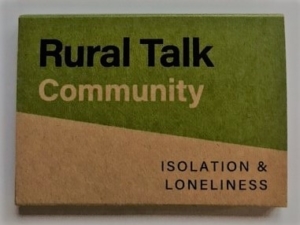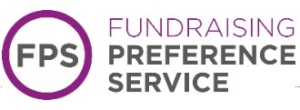Rural Isolation and Loneliness
 It seems that scarcely a week goes by when the local or national media are not expressing concern about isolation or loneliness in our society.
It seems that scarcely a week goes by when the local or national media are not expressing concern about isolation or loneliness in our society.
Loneliness can have a profound effect on our physical as well as mental health, highlighted by the World’s experience of COVID-19.
The UK government decided to act after the publication of the Jo Cox Commission on Loneliness, a detailed study into the scale and extent of the problem. The Commission set up in her name after her death, was intended as a legacy of the power of politics to unite, rather than divide communities.
DEFINING ISOLATION AND LONELINESS
It is important to understand the difference between isolation and loneliness:
- ISOLATION is defined as the absence of social contact e.g. family, friends, access to services or community involvement. The concept is therefore tangible and measurable and can often lead to loneliness. Isolation can often be alleviated by practical steps: improved transport links, increased use of the internet and localisation of services and resources.
- LONELINESS is a subjective feeling when there is a disparity between quantity and quality of social relationships that we have and those we want.












